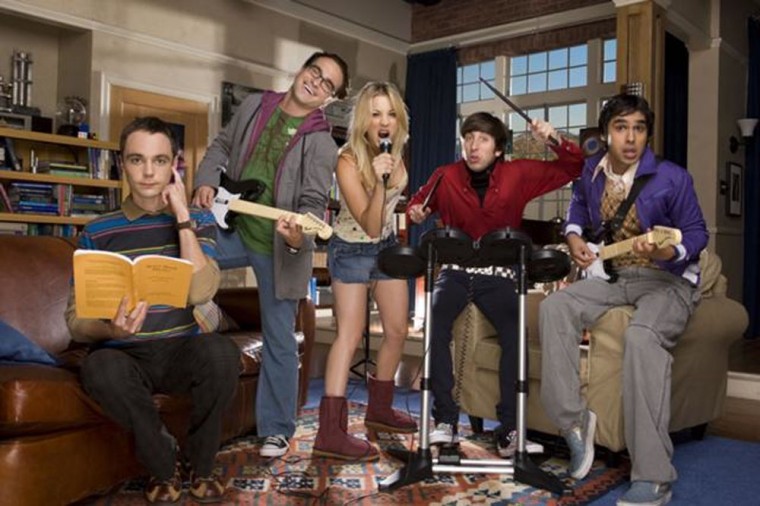TV
Why is this still on? ‘The Big Bang Theory’
I used to enjoy watching “The Big Bang Theory.” I’ve seen most of the syndicated episodes that run in three-hour marathons on TBS, as well as some of the newer seasons. But somewhere along the way, I became heavily disenchanted. Maybe it was the hundredth time I saw Penny sing “Soft Kitty” to Sheldon or the billionth time Howard’s mom yelled at him. In any case, it’s time “The Big Bang Theory” closed up shop.
Of course, that’s not going to happen, not this year and not for several years after that. The main cast recently signed lucrative, three-year contracts and the show could easily keep running after that. It’s basically the biggest show on television. According to Deadline, “Big Bang” was watched by an average of 20 million people per episode last season. For comparison, “Parks and Recreation,” a vastly better show, averaged 3.7 million. “Parks” can barely stay on NBC and “Big Bang” is a juggernaut on CBS.
Regardless of the number of viewers or the amount of money CBS and the actors are making, “The Big Bang Theory” is not a good TV sitcom. For one, the premise sounds like a bad six-minute “MADtv” skit. Four male nerds can’t relate to women/society but live next to a beautiful blonde waitress. The fact that “Big Bang” has been able to stretch that beyond one season is actually astounding. There’s honestly not a lot of mileage in that premise, and it shows in later episodes, which seem to recycle plot points and character details.
At the center of “The Big Bang Theory” is a portrayal of nerd culture that is surface-level at best. The characters throw around references to comic books, Dungeons & Dragons and astrophysics, but you get the feeling that they’re not really grounded in anything. The jokes sound like they were pulled out of a thesaurus for geeks from the 1990s. I’m not trying to say that TV shows about nerds don’t work. “Community,” for instance, writes lovingly of a broader, more inclusive nerd culture, using it as a starting point for deep, emotional storylines (the episode “Advanced Dungeons & Dragons” is a perfect example). Other TV shows like “The Simpsons,” “Adventure Time” and “The IT Crowd” regularly feature nerd culture, giving it heart where “Big Bang” sells it for a cheap laugh.
Of course, the show’s major sin is that it isn’t funny. Laugh tracks can work well (“Seinfeld” and “Cheers,” for example), but “The Big Bang Theory” uses them as a crutch. The jokes tell the audience what to laugh at instead of letting them figure it out for themselves. Especially in early seasons, the character of Penny was used as a way to explain any science-related joke to the viewer. Some may say this is a form of educating the viewer, but it’s more like begging people to laugh.
New TV shows like “The Big Bang Theory” get cancelled every year because they’re unfunny, static and pandering. Even worse, great shows get cancelled while Sheldon and the gang remain untouched. We let our guard down for just long enough for “The Big Bang Theory” to become entrenched in prime time and now it’s unstoppable. The sad part is, “The Big Bang Theory”’s current reign over sitcoms is the greatest “Bazinga!” of all.

